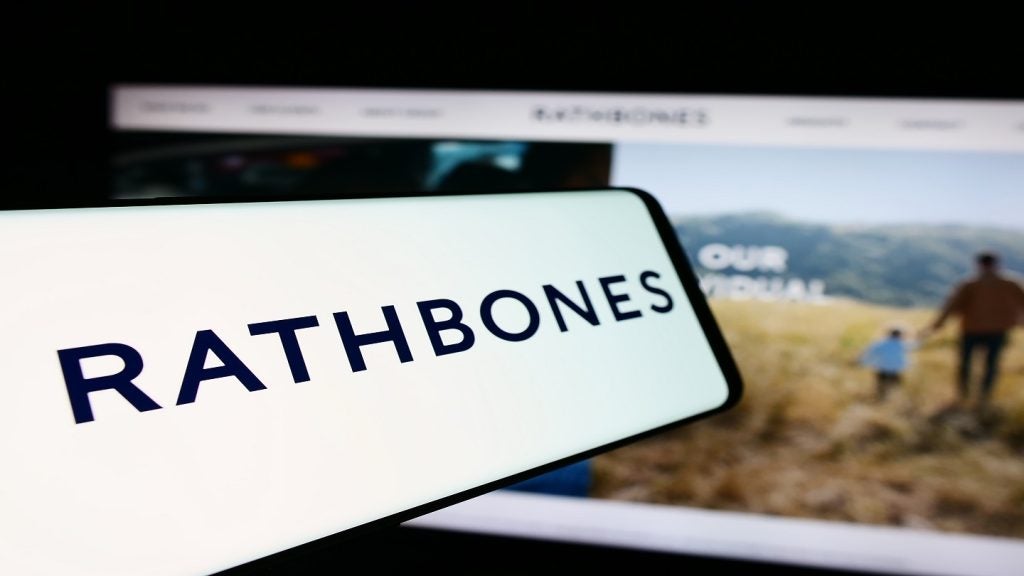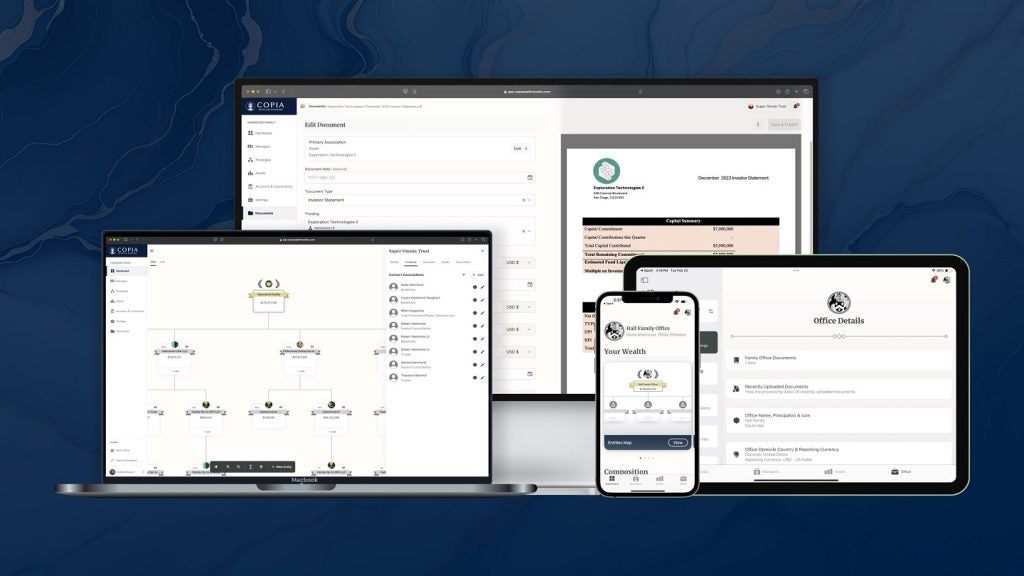The bank has increased the qualifying assets under management from SGD200,000 to SGD350,000 for investors qualifying for the Privilege Banking service, as part redefining its wealth management business.
According to the UOB, the Privilege Reserve clients will be served by senior client advisers, supported by a team of investment, insurance, treasury and property specialists with investment strategies, as well as trust advisory and legacy planning services.
Privilege Reserve clients can also access the UOB Portfolio Planner Tracker Program, a three-tier investment system that allows clients to set aside cash reserves while capitalizing on both long-term and short-term investment opportunities.
The bank said the wealth management service also offers UOB Privilege Reserve Card with luxurious lifestyle benefits and a dedicated Privilege Concierge service.
UOB Group personal financial services & private banking managing director Eddie Khoo said with UOB’s strong regional network and presence, the bank can offer its Privilege Reserve and privilege banking clients a seamless experience across the region.
"To give our clients the attention they deserve, we will be doubling the number of relationship managers, and opening more wealth management centers across the region, from the current 29 to 64 by 2015," Khoo said.
From 2008 to 2009, the number of HNWIs in Singapore and the Asia Pacific region grew by 33% and 26% respectively. In Asia, from 2008 to 2013, the assets under management is expected to grow at an annual rate of 9.5%, increasing its share of global wealth from 12% to 16% 2.







